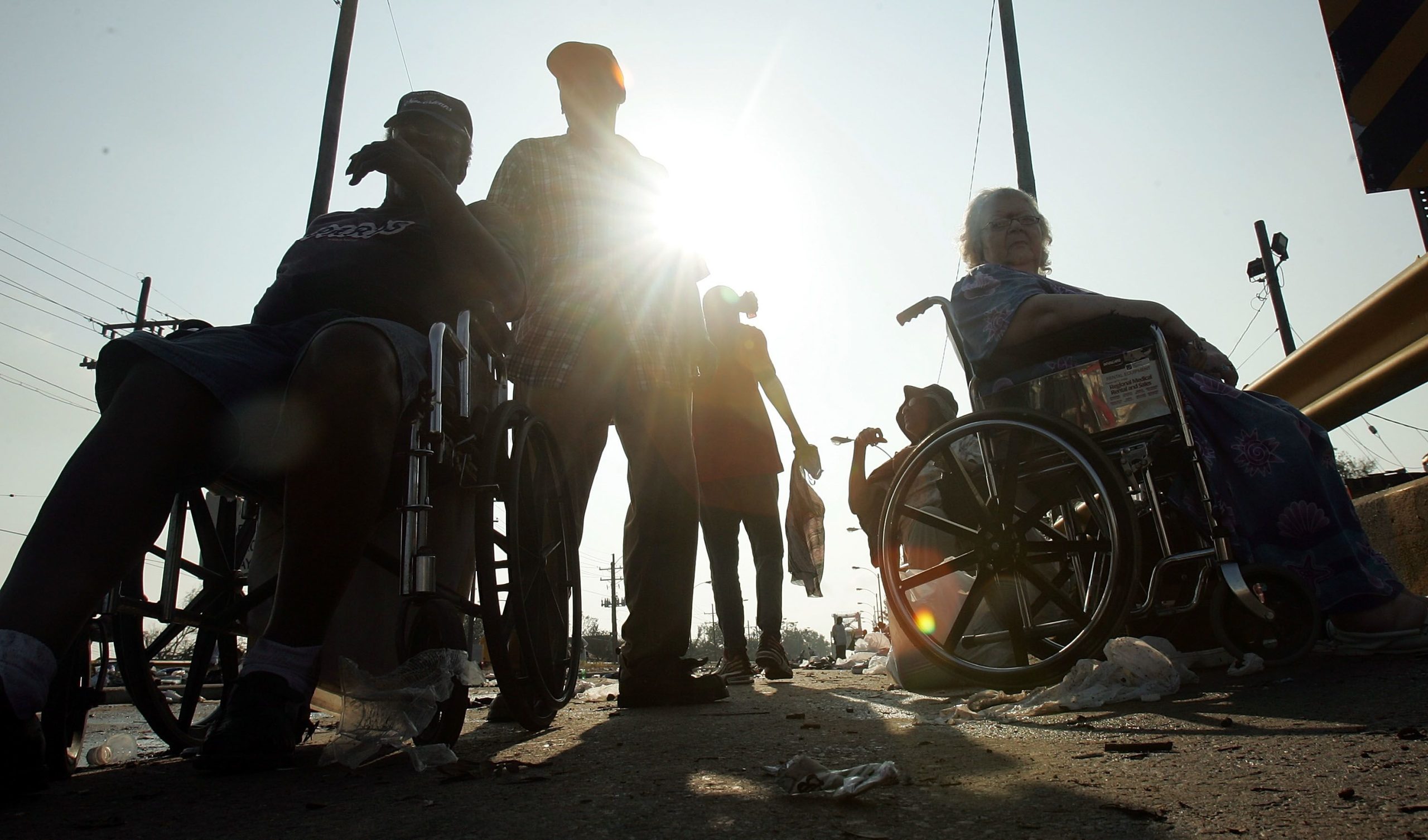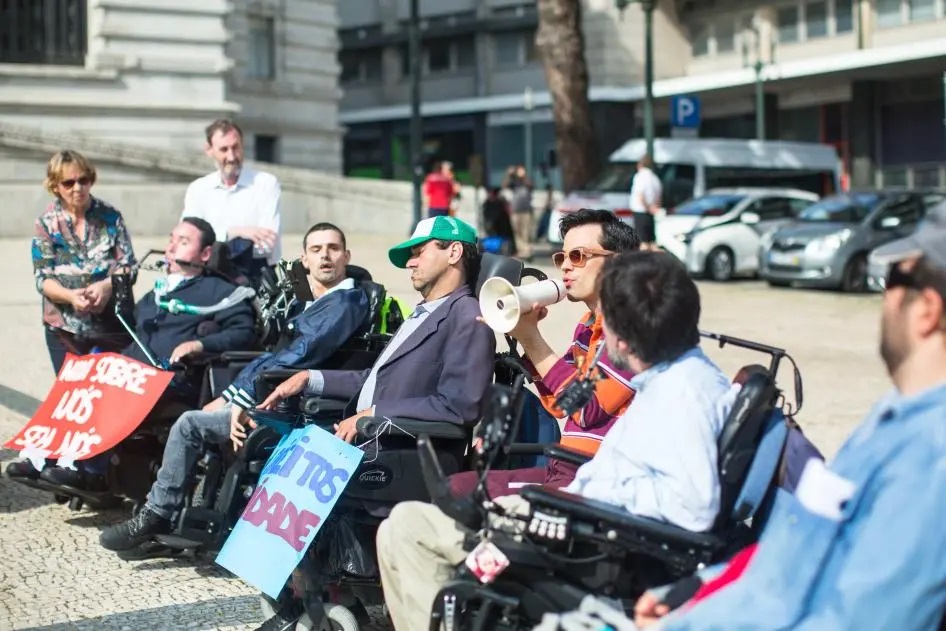- The axion mind over matter has ruled human consciousness since times immemorial proving again and again the imperativeness of having a sound mind under control to achieve seemingly insurmountable challenges. Right from the time of our birth, we are exposed to how crucial it is to develop a sound mindset from our parents, teachers, well-wishers, speakers, experts, religious gurus, books, study materials, and even our peers as well as contemporaries. It is ingrained in our minds that anything can be achieved in life provided we remain positive, optimistic, enthusiastic, and committed to the stated objectives/goals. We were also explained how critical it is to maintain physical fitness to complement the strong mind as we set about traversing life’s journey.

PC: CNN
- This being the case, what if someone is disabled or handicapped at birth and hence cannot realize their full potential physically? Does it behoove society to simply sympathize with the disabled but not offer every conceivable opportunity to realize their true potential? Mind you, the disabled may have physical challenges, but it does not mean they lack the mental strength to nullify whatever disadvantages face along the way. We know how strong-willed individuals have conquered the world through unbelievable achievements setting examples worthy of adulation and emulation. Remember, faith can move mountains. Several instances in history have shown this aspect making us truly believe humankind’s penchant for achieving unconquerable conquests.
- One such inspirational achievement was reported recently. A Goa-based man with 90% locomotor disability – three amputations on his limbs – has made it to the Everest base camp by sheer force of will. This would be a feat for anyone and takes enormous extra effort for a person with disabilities. And yet, while we celebrate these outliers, the task is to make circumstances easier for all persons with disabilities. Basic thoughtfulness is needed to let them function on an equal plane – assistive technology, accessible pavements, and ramps, for instance. In India, we see public callousness, an overlooking of people with disabilities, or we see them through a sentimental lens. A person with a disability has no responsibility to be inspiring or heroic, but their due from the world.

PC: Human Rights Watch
- This requires centering their perspectives – nothing about us without us – has been the rallying cry of the disability rights movement. Around the world too, mainstream attitudes shifted from curiosity to exclusion to pity and remedy, but only recently to how disabilities are internally experienced. Disability was once seen as an individual affection to be medically solved. Now, it is seen as a social matter – the focus is on how the environment accommodates persons with disabilities. In cities and buildings, through state and workplace policy, we need to remove constraints for everyone. While our regulations are great on paper, they are easier said than implemented – most public buildings are still not accessible to people with disabilities, seven years after a landmark law. Society must make room for disabilities in everybody’s interest.






